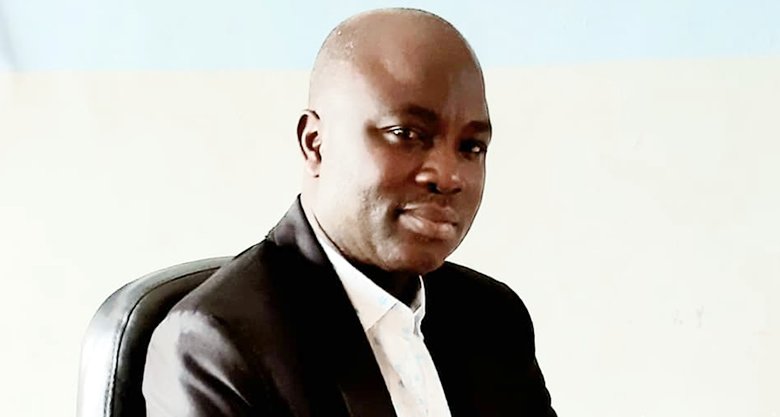
It is a little difficult time for the Vice President, Professor Yemi Osinbajo, having lost his first major electoral battle. He could not secure the All Progressives Congress’ presidential ticket, which he lost to a veteran, Asiwaju Bola Tinubu. The politics of the battle should not be our headache here; after all, the duo and other contestants are fast reconciling.
But Osinbajo has done something good for us in this class in the aftermath of the primary poll. A statement
I plucked from his eloquent tongue on Friday is one that I want us to discuss, particularly paying attention to the way he handled a verb in it – an irregular verb usually assaulted by many. The word is among the ones we have treated in this class but encountering it live from a presidential mouth should reinforce our perspective on it. Here is the statement:
The story has just started, the movement has just begun.
This is the correct way to handle the verb, ‘begin’, when used in the participle form. In the circumstance, many would say, ‘… the movement has just began.’ It is the same way they would say they have ran, they have sang a song or they have rang the bell – all of which are incorrect. So, what Osinbajo is proving is that ‘begin’ is the present tense, ‘began’ the past and ‘begun’ the present/past participle form.
Consider the following too:
The movement has just began. (Wrong)
The movement has just begun. (Correct)
Have they began the meeting? (Wrong)
Have they begun the meeting? (Correct)
Tinubu has began visiting other aspirants. (Wrong)
Tinubu has begun visiting other aspirants. (Correct)
Atiku has ran for presidency about three times. (Wrong)
Atiku has run for presidency about three times. (Correct)
Peter Obi has rang the bell for his presidential contest. (Wrong)
Peter Obi has rung the bell for his presidential contest. (Correct)
Compound Sentence
Meanwhile, what type of sentence is ‘The story has just started, the movement has just begun’?
Before saying anything, you should take a close look at the structure. For instance, how many clauses does the statement harbour? What other punctuation marks can replace the comma in the sentence?
Two main clauses
There are two clauses in the statement. Not just two clauses, but two main/independent ones: ‘The story has just started’ and ‘the movement has just begun’. What do we call a construction with two or more main/independent clauses? It is a compound sentence. So, the Osinbajo’s statement, as presented by many media platforms in the text I picked it from, is a compound sentence – not a simple sentence (one with one main clause); and not a complex sentence (one with a main clause and a subordinate).
Concerning the second question bordering on punctuation marks, a semi colon, a colon and a full stop can work there. Watch these:
The story has just started, the movement has just begun. (A compound sentence with a comma.)
The story has just started; the movement has just begun. (Still a compound sentence, with a semi colon.)
The story has just started: the movement has just begun. (A compound sentence, with a colon.)
The story has just started. The movement has just begun. (Two separate sentences with two full stops.)
So, whenever you need to write a statement like that, you can opt for any of the forms.




